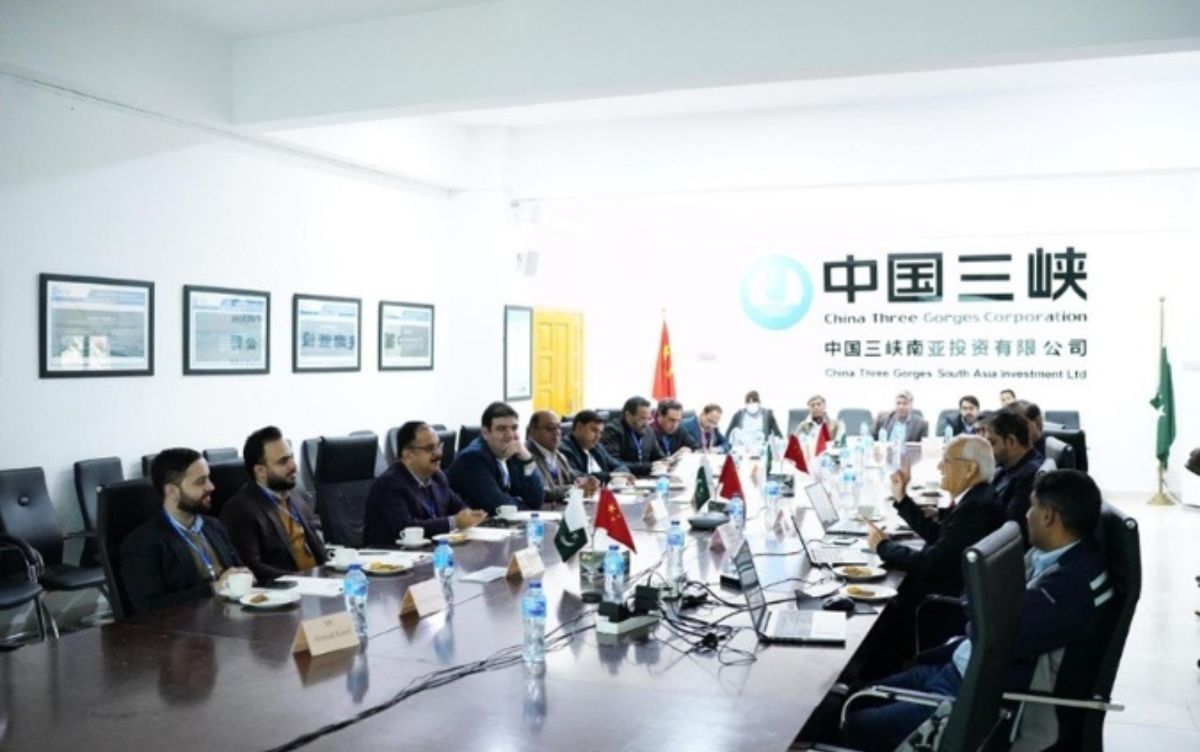Karot Hydropower: A Milestone in CPEC's Clean Energy Drive
A delegation of media representatives and parliamentarians visited the Karot Hydropower Project, a flagship initiative under the China-Pakistan Economic Corridor (CPEC). The project, with a generation capacity of 720 MW, contributes 3,206 GWh of clean electricity annually to Pakistan’s grid. During the visit, the delegation learned about the project's vital role in reducing carbon dioxide emissions by approximately 3.5 million tons annually, supporting Pakistan’s climate change mitigation efforts.
Senior representatives of China Three Gorges South Asia Investment Ltd (CSAIL) highlighted the project’s impact on enhancing industrial productivity and bolstering sectors like agriculture, manufacturing, and services by providing reliable and affordable electricity. Furthermore, the project helps reduce Pakistan’s reliance on energy imports, boosting energy security and economic stability.
 P.c. China Pakistan Economic Corridor
P.c. China Pakistan Economic Corridor
The Karot Hydropower Project, developed under the Power Policy 2002 on a Build-Own-Operate-Transfer (BOOT) model with a 30-year concession, includes advanced facilities like a rock fill dam, spillway, powerhouse, and tunnels. The $1.74 billion initiative created around 5,000 local jobs during construction and continues to employ 200 local workers and 25 Chinese nationals.
In addition to energy generation, the project has made significant contributions to local communities through Corporate Social Responsibility (CSR) initiatives. These include building schools, healthcare facilities, vocational training programs, roads, and water supply systems.
The visiting delegation praised the Karot Hydropower Project for addressing Pakistan’s energy challenges while promoting socio-economic development. The project exemplifies the strong collaboration between Pakistan and China, showcasing how innovation and mutual efforts can pave the way for sustainable progress.